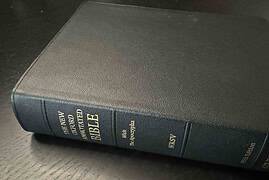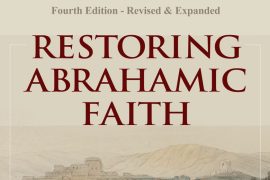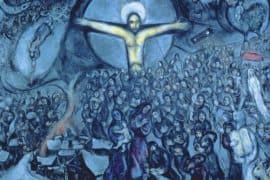I dedicate this video to my University of Chicago teacher, the late Jonathan Z. Smith, from whom I learned more about ancient religions than anyone in my academic career.
In this lecture I explore what I have called the greatest transformation in human thought in Western history–namely the shift from the cosmology of the Ancient world to that of the Dualistic Hellenistic world. The former is part and parcel of the culture from which the Hebrew Bible emerged; the latter is the world of the New Testament. They are as opposite from one another as light and darkness. Though often explained by Christians as an aspect of unfolding revelation, it is clear that all religions and philosophies of the ancient world were affected by this Hellenistic transformation. Jesus and the movement he inspired are thoroughly immersed in the latter–although what became “late 2nd Temple Judaism,” clearly emerged from the former. The subject I choose here for illustration–the concept of Satan as the “god of this cosmos,” is at the core of the transformation. Everything is affected and nothing is ever the same. As a result, readers of the New Testament, taking this “brave new world” for granted, assume they are tracing the unfolding messianic apocalyptic activities of the One God of Israel–as reflected in the Hebrew Bible, when in fact everything has shifted and changed and what is up is down and what is down is up.
At the end of the video ask yourself why NONE of the thick list of texts I survey dealing with the perceptions of Satan and his rule over the cosmos would even fit into the key conceptions of the Hebrew Bible–coming from a wholly different and contrasting cultural and religious milieu.









Comments are closed.